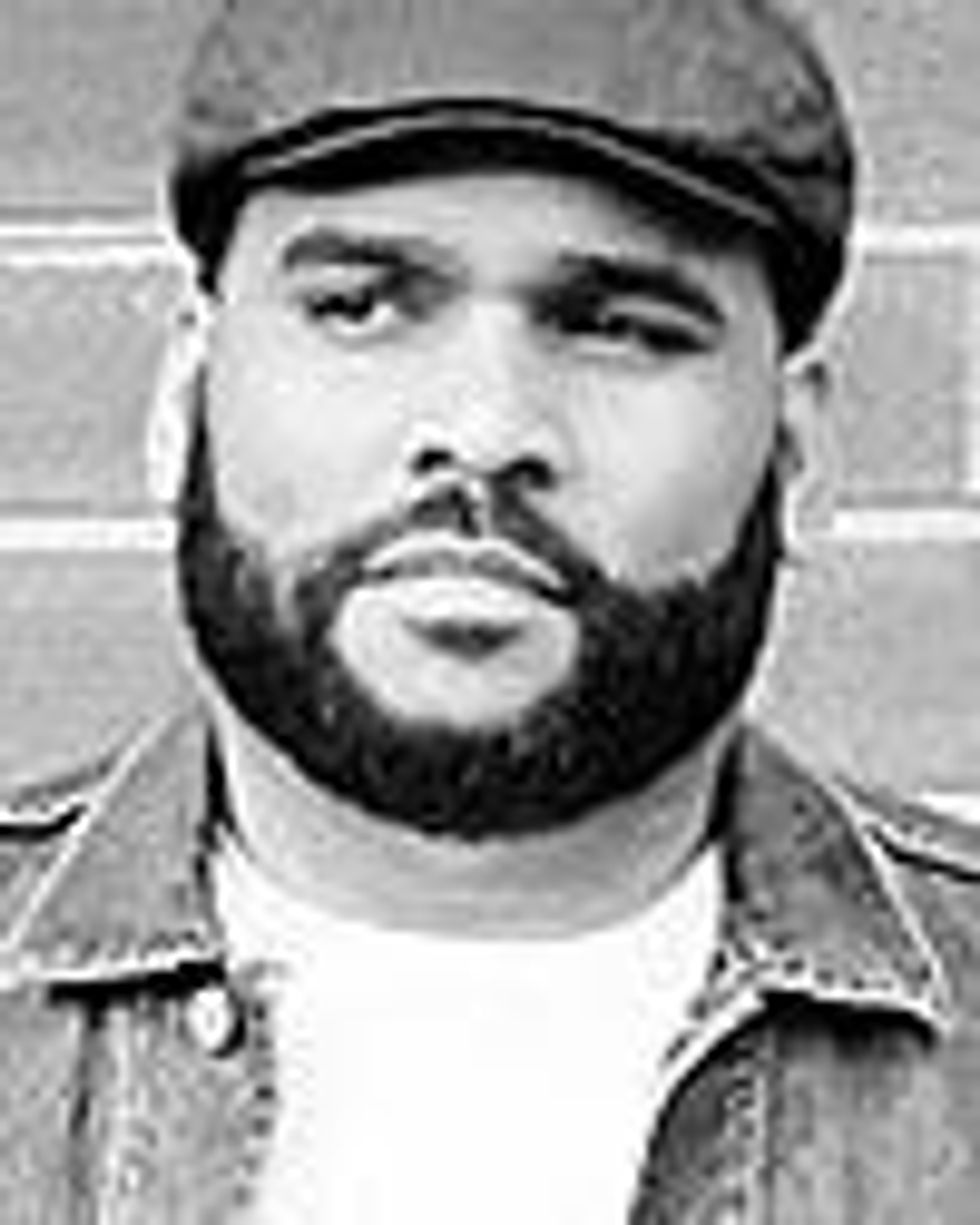
Latinos, especially Puerto Ricans, were targeted for slaughter Sunday morning. That point should not be brushed over or erased, writes Louie A. Ortiz-Fonseca.
June 15 2016 1:20 AM EST
By continuing to use our site, you agree to our Privacy Policy and Terms of Use.

Latinos, especially Puerto Ricans, were targeted for slaughter Sunday morning. That point should not be brushed over or erased, writes Louie A. Ortiz-Fonseca.
Growing up Puerto Rican, salsa and merengue music were the soundtrack to every family gathering. I remember as a young child, maybe about 10 years old, watching my mother's friend Luis take the hand of another man to dance. They kissed as they danced to a salsa song that everyone in the room seemed to love. I was left in complete awe by the audacity. I had no access to words or any kind of framework to fully understand what I was witnessing, but I remember thinking, I cannot wait until I get to do that. My fascination was interrupted by the whispers and snickers of a few adults. I was instantly filled with shame. I remember wanting Luis and his boyfriend to stop dancing because I wanted the snickering to stop. This is where I learned to be afraid of dancing salsa with another man. This is one of a million moments I learned to feel and be ashamed of myself.
It would not be until I frequented Latin night at a gay club in Philadelphia during my early 20s that I would have the opportunity to watch Puerto Rican gay men dance together without the shame that is invoked by the sounds of whispers and snickers. There was just applause and shouts of "!Wepa!" and "!Dale!" The little boy in me was left in complete awe again as I watched men who looked like me, men who looked like my mother's friend Luis, holding each other as if they were lifting each other above water. And in many ways they were.
Many Puerto Rican-populated Latin nights take place at clubs not owned and/or managed by queer Latinxs. Our Latin nights are usually in borrowed spaces that we magically transform into community. These are borrowed spaces that we make safe for ourselves to move through because we don't feel safe in white-dominated queer spaces. The fact that this kind of refuge was interrupted is a violent act in itself. Sharing these kinds of experiences is necessary in providing a complete context of the impact that this tragedy will have for generations to come. We were reminded Sunday that black and Latinx bodies, even while on the dance floor, are not protected from the bullets of racism and homophobia.
Yes, this tragedy has impacted our entire queer community. And yes, in these critical times we must find every bridge that connects all of our oppressions, but we must do this without reinforcing erasure of Puerto Ricans, a community that continues to be colonized by the U.S. Puerto Ricans continue to be migrants in their own country, and while many of us are not fleeing the island because of violent dictatorship, some come to the mainland seeking solace and refuge from an island that has been and continues to be pillaged by white supremacy.
The larger queer community must be willing to come to terms with the fact that this attack was fueled by much more than homophobia. This attack was fueled by the same anti-blackness and disregard of black and brown bodies that continues to exist in the fabric of every rainbow flag swinging in every gayborhood in this country.
It goes without saying that the great loss of 49 beautiful souls should ignite love and compassion. It is also OK if it fills us with great sadness and anger. This great loss should inspire us to march harder, yell louder, and be proud every time we see a black and Latino queer person living their complete truth -- unapologetically. But this will require us to face the fact that Puerto Ricans were mass murdered on June 12, 2016; Latinx and black queer people were murdered and violently assaulted on the early morning of June 12, 2016. These are details that must be mentioned now so they do not become yesterday's news. It is important to make sure that history does not erase us or minimize the lasting impact this will have on Puerto Rican and all Latinx communities throughout the country. It is up to us to ensure that the complete story is told because this is now a part of the legacy of our lives, our stories, and our survival.

Charlie Kirk DID say stoning gay people was the 'perfect law' — and these other heinous quotes